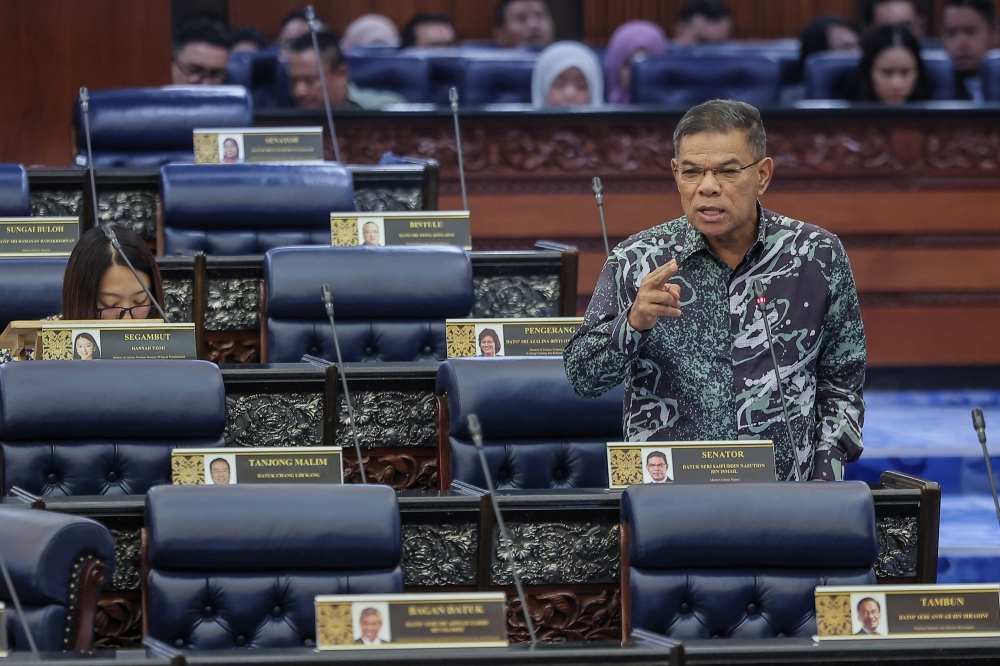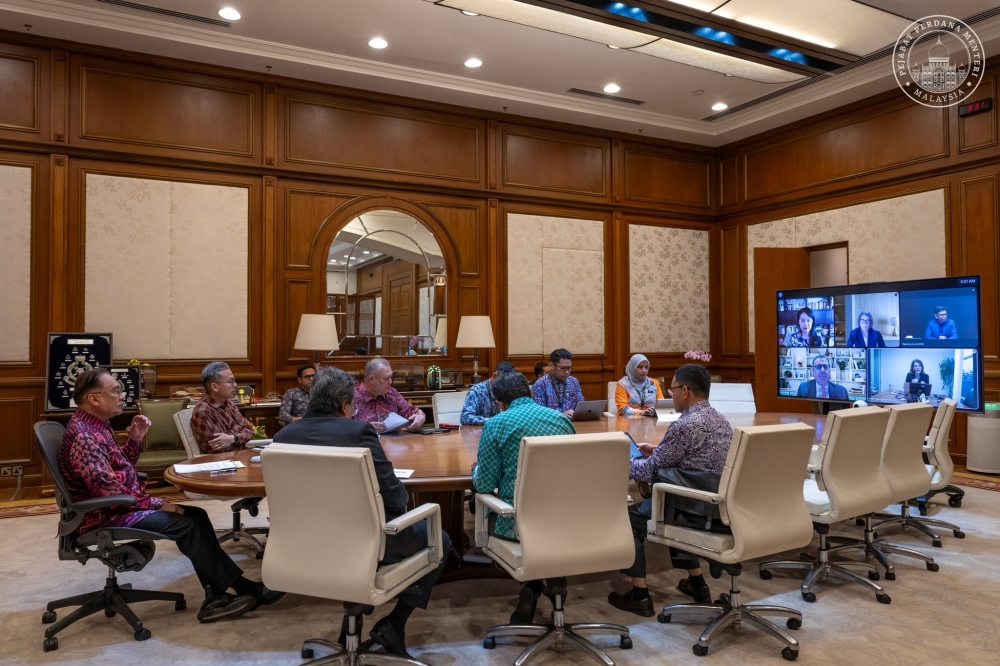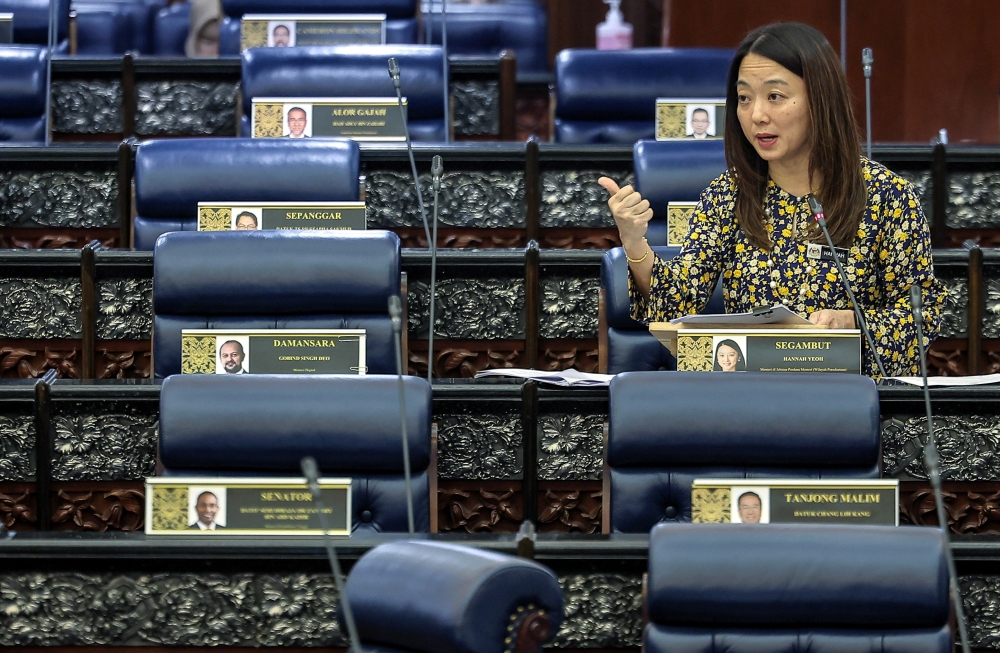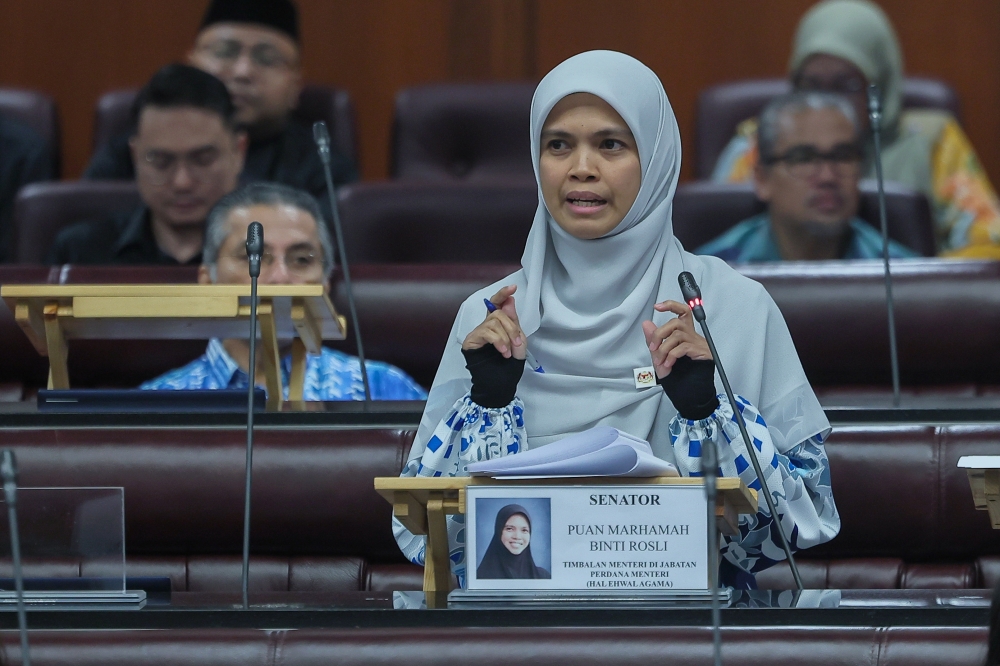KUCHING, March 16 — The Sarawak United Peoples’ Party (SUPP) today expressed its disappointment that the federal government is appealing against the High Court’s decision quashing a circular issued by the Home Ministry in 1986 banning the use of the word “Allah” by the Christians in their publications.
Its president Datuk Seri Dr Sim Kui Hian said the decision to appeal may be due to the present government’s instability and its need to garner support from PAS and Umno.
“The appeal can also be seen as palatable for Malaya society and political parties where the majority of the people are Muslims.
“However, that does not give the federal government the right to impose its version of Malaysia on Sarawak that is contrary to what was agreed in 1963,” Dr Sim said in a statement today.
“If the federal government insists on its version of Malaysia and not that of 1963, SUPP asks that there be a comprehensive review on the role Sarawak should play in Malaysia.”
Dr Sim, who is also the state minister of local government and housing, reminded the federal government that Malaysia was formed with Malaya, Sarawak and Sabah as equal partners in 1963 with the fundamental condition of Sarawak that there should be freedom of religion with no official religion for the state.
“The people of Sarawak before 1963 were apprehensive of the possible encroachment into their freedom of worship and religion should Malaysia be formed with Malaya as the dominant party.
“In order to assuage the fear of the people of Sarawak, the leaders from Malaya when courting for the support of the people of Sarawak gave their promise and assurances that the people of Sarawak have full say and freedom over religion,” he said.
In the same statement, Dr Sim accused the federal government of breaching its promises and assurances to the people of Sarawak on their fundamental right to freedom of religion.
“The issue at hand is just one of the smaller infringements on the rights,” he said.
Earlier today, Annou Xavier, a lawyer for Sarawakian native Jill Ireland Lawrence Bill, confirmed he had received notice of the federal government’s appeal.
The word “Allah” is Arabic for God. It was adopted into the Malay language and has been used for generations by Malay-speaking Christians in the country, especially those living in Sabah and Sarawak.
Yesterday, the federal government through the Attorney General’s Chambers gave notice that it was appealing the High Court’s decision, by filing a notice of appeal at the courts.
In the notice of appeal, both the Malaysian government and the Home Ministry were listed as appellants, while Jill Ireland was named as the respondent.
On March 10, the High Court in Kuala Lumpur ruled that the government directive via a December 5, 1986 circular issued by the Home Ministry’s publications control division was unlawful and unconstitutional.
Justice Datuk Nor Bee Ariffin, who was a High Court judge when she heard the case in 2017 but has since been elevated to be a Court of Appeal judge, delivered her judgment last week while sitting as a High Court judge.
The judge last week granted three specific constitutional reliefs sought by Jill Ireland, including a declaration that it is her constitutional right under the Federal Constitution’s Article 3, 8, 11 and 12 to import the publications in the exercise of her rights to practise religion and right to education.
The publications mentioned by the judge were in reference to eight educational compact discs (CDs) that Jill Ireland had in 2008 brought back to Malaysia from Indonesia for her own personal use, but which the Home Ministry had seized, and which had led to the Sarawakian’s court challenge to review the government’s actions.
The other two declarations granted by the judge were a declaration under Article 8 that Jill Ireland is guaranteed equality of all persons before the law and is protected from discrimination against citizens on the grounds of religion in the administration of the law — specifically the Printing Presses and Publications Act 1984 and Customs Act 1967), and a declaration that government directive issued by the Home Ministry’s publication control’s division via a circular dated December 5, 1986, is unlawful and unconstitutional._10032021.jpg)



















